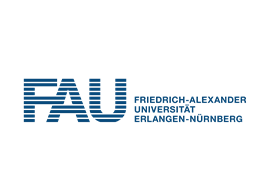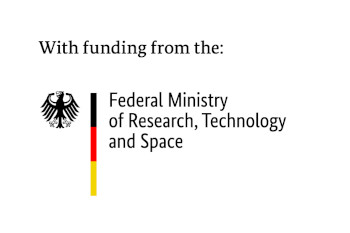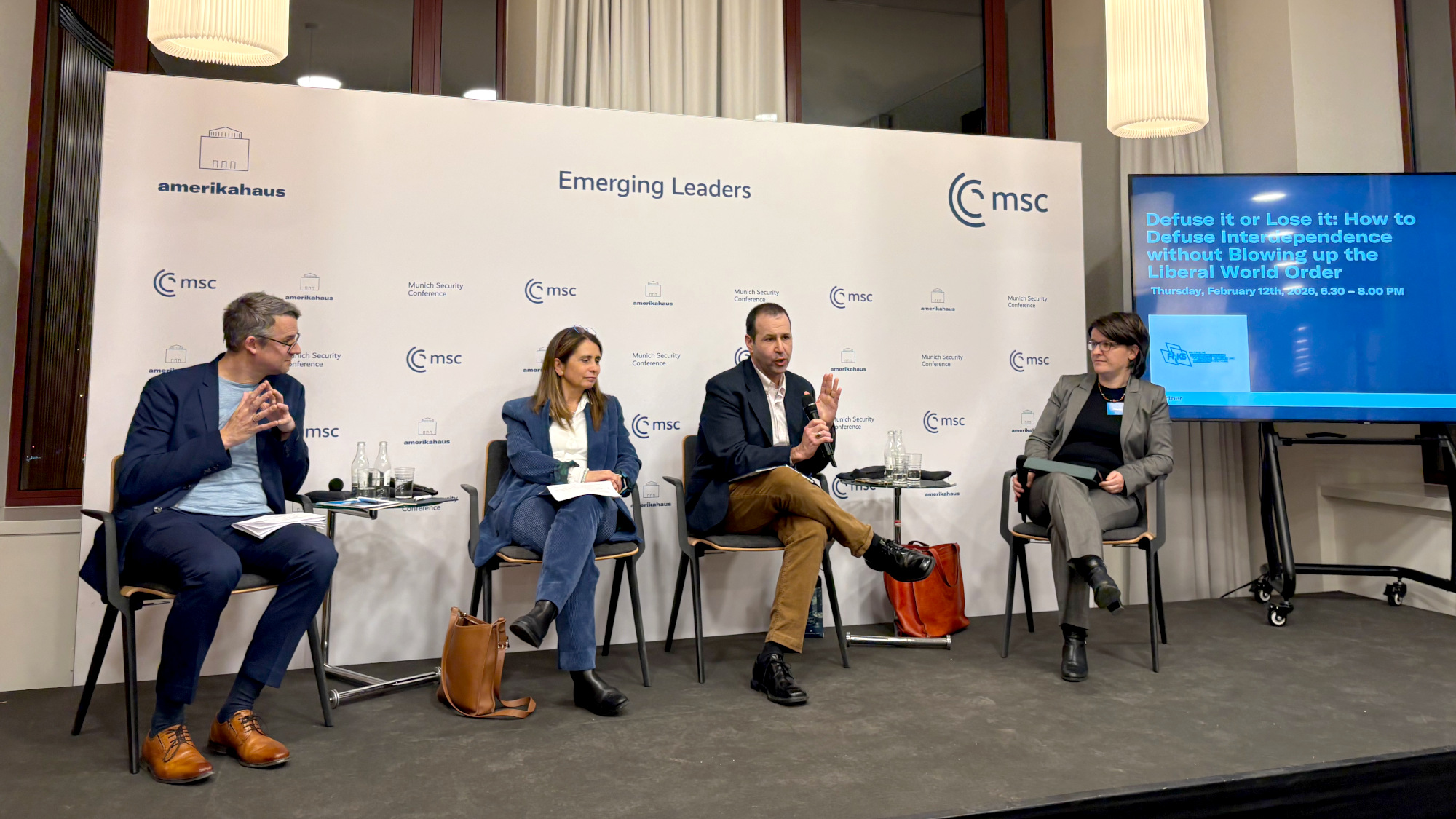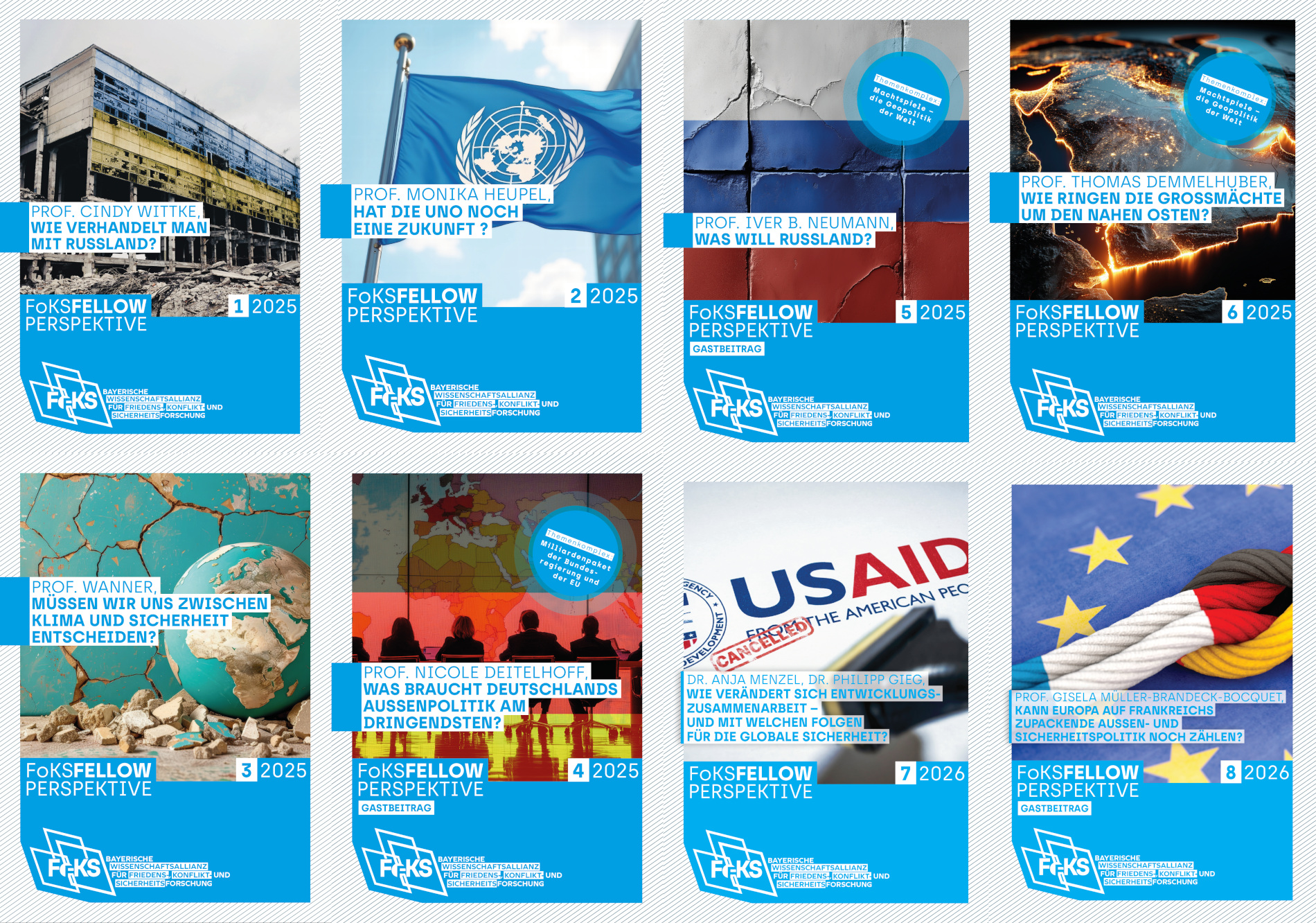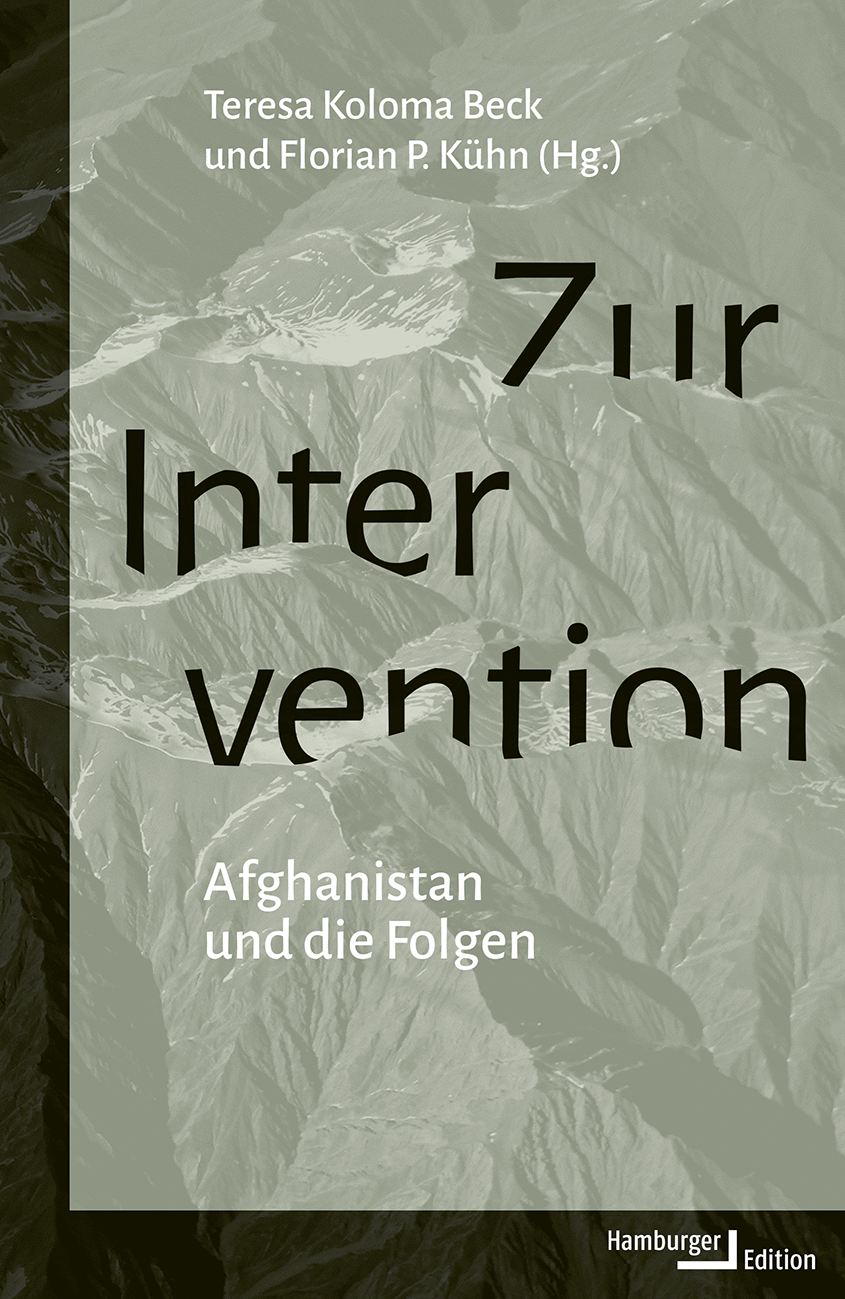Interdisciplinary Center for Peace and Conflict Research in Bavaria
Research program – Conflicts.Meanings.Transitions
When tyranny ends, when societies come to terms with their past, when values change, people contest what these transitions mean. How these interpretational struggles unfold is essential for societal peace in the present and future.
In the research network Conflicts.Meanings.Transitions („Deutungskämpfe im Übergang“) we examine such contestations from an interdisciplinary perspective.
In particular, we focus on meaning struggles over peace strategies by non-state actors, over violence, and over universal rights and diversity.
Our network promotes diverse methodologies, interdisciplinary exchange, and institutionalization of peace and conflict research in Bavaria. We strive for societal and political impact in the region and beyond by sharing results with political actors, academia, and the broader public.
Scholars from the Universities of Augsburg, Bayreuth, and Erlangen-Nuremberg, and from Leibniz Institute for Contemporary History (Munich-Berlin) are collaborating, coordinated at the University of Bayreuth.
Our guiding question
How do struggles over meaning contribute to peace?
Research Areas
Conflicts.Meanings.Transitions
News
Picture attribution: Stop the war coalition by Chris Beckett (CC BY-NC-ND 2.0); Hiroshima by Jan Sändig, Conflicts.Meanings.Transitions; Diversity/rainbow flag by Benson Kua (CC BY-SA 2.0)





